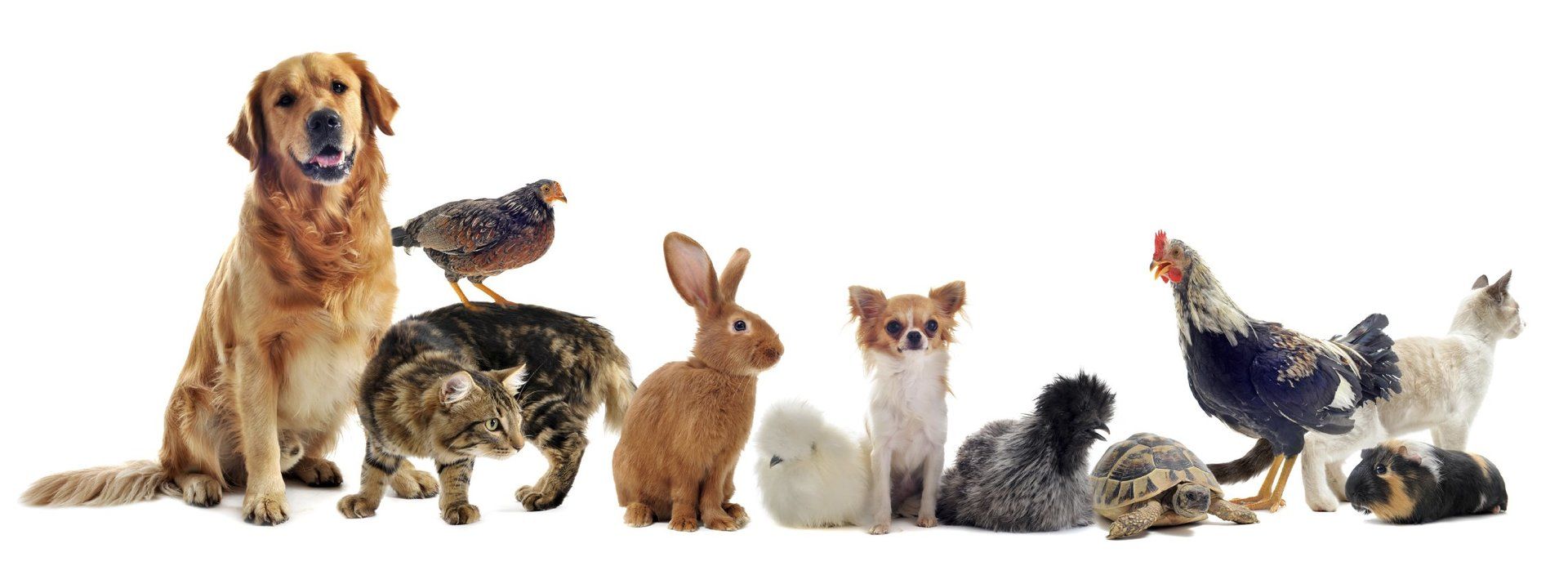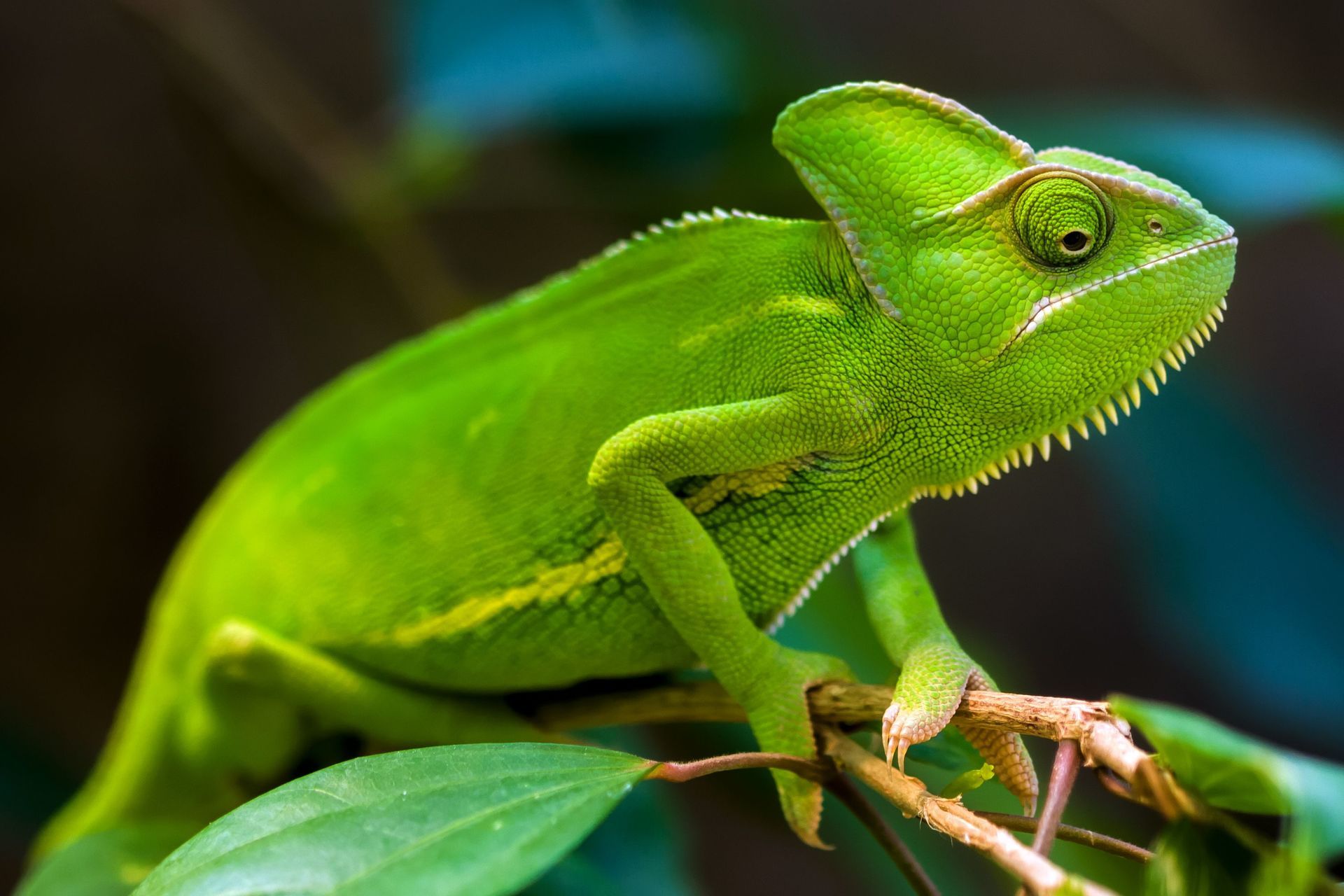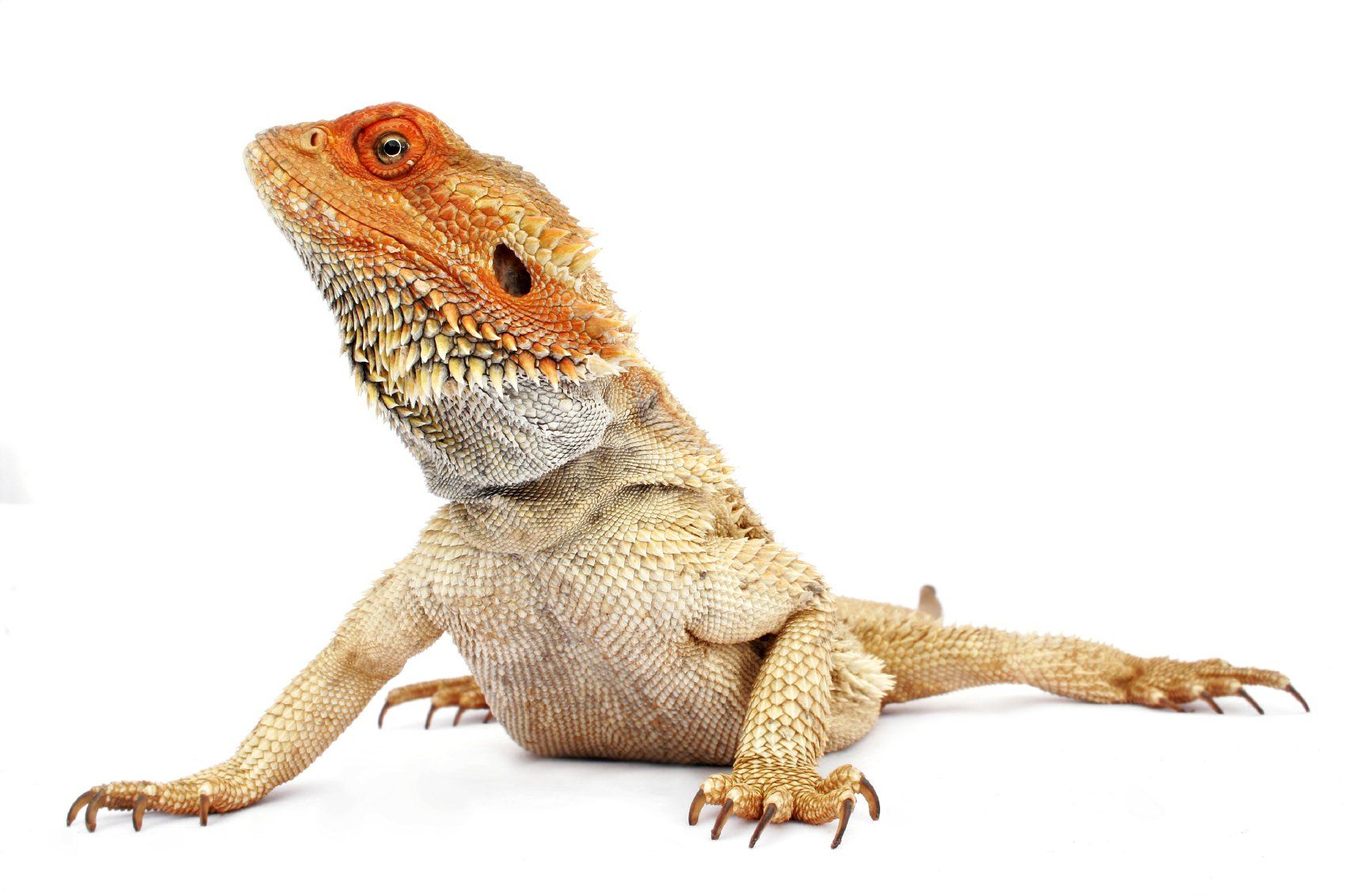Environment
Nutrition
Skin problems
Respiratory
Reproductive
Lumps & Bumps
Anaesthesia & Surgery
Trauma
GASTRO-INTESTINAL PROBLEMS
PARASITISM
As well as the gastrointestinal problems caused by dietary errors, the most common cause of problems I have encountered is with internal parasites. This is a consequence of keeping these animals in a confined space in which it is ideal for parasite species to multiply in an exponential fashion.
They are a particular problem in insectivorous lizards and in wild caught snakes. Infected animals may simply present with ill thrift and lethargy but will often have loose or mucoid faeces, with blood in severe cases. If left untreated infestations are usually fatal.
Diagnosis is made by microscopic examination of faecal samples. The most common findings are helminth parasites (usually pinworms) and coccidia (Isospora, Eimeria). Spores and eggs can usually be found in simple wet preparations without any need for concentration techniques. Animals may have multiple infestations.
Isospora (coccidia) from the faeces of a bearded dragon
Isospra with pinworm eggs (large brown ovals)
Swollen limb from a bearded dragon with coccidiosis
Recommended treatments for pinworm is Panacur liquid for 3 days at normal dose rates.
I have found the textbook treatments for coccidia to be of poor efficacy and have treated these problems most successfully with baycox at 7.5mg/kg daily for 2 consecutive days, repeating the treatment after 2 - 3 weeks. (S.Lloyd- personal communication).
Avermectins can be used in snakes and lizards but are HIGHLY TOXIC TO ALL CHELONIANS and must not be used in these species.
It is vital that the vivaria are thoroughly cleaned out; substrates and cage furniture should be discarded; it is notoriously difficult to destroy parasite eggs and spores. Newspaper should be used as a substrate until the infection is under control and faecal samples should be repeated every 3 months. These infections are so common in lizards that I tend to check faecal samples on all my reptile patients where possible.
PROLAPSES
Cloacal/rectal prolapses are not uncommon in reptiles especially snakes. Like prolapses in other species they can be reduced and replaced if they have not been prolapsed for too long or severely traumatised. They may be a consequence of parasitism, constipation or of a subclinical MBD in lizards but sometimes seem to have no predisposing cause.
After reduction, a steroid enema helps to reduce the swelling and irritation and helps to prevent recurrence, the vent can be closed with a mattress suture for several days. Snakes usually only defaecate weekly.
I have treated one rat snake which has a monthly steroid enema; if we tried to stop treatment or increase the intervals between treatments he started to prolapse.
VENT PROLAPSE in a King Snake at presentation and after reduction.
The cloaca is closed with a purse string suture for about a week to prevent the prolapse happening again. Antibiotic and steroid are applied topically and parenterally to prevent infection
and reduce the inflammation and swelling.
INTESTINAL OBSTRUCTION
This is not uncommon. It may have a variety of causes from unsuitable substrates, subclinical MBD or intestinal parasites. It is usually diagnosed by palpation of the abdomen in lizards and snakes and confirmed by radiography.
Sometimes faecoliths (impacted dried out faeces) can be softened by administering fluids and small doses of laxatives such as lactulose but foreign bodies and severe impactions require surgery.
Radiograph of monitor lizard presented for innappetence. The grainy faecal mass visible was palpable in the abdomen and hard; granular appearance distinguishes from tumour or other tissue mass.
All attempts at conservative management failed and the faecal mass was
eventually removed by surgery.
PARASITISM
As well as the gastrointestinal problems caused by dietary errors, the most common cause of problems I have encountered is with internal parasites. This is a consequence of keeping these animals in a confined space in which it is ideal for parasite species to multiply in an exponential fashion.
They are a particular problem in insectivorous lizards and in wild caught snakes. Infected animals may simply present with ill thrift and lethargy but will often have loose or mucoid faeces, with blood in severe cases. If left untreated infestations are usually fatal.
Diagnosis is made by microscopic examination of faecal samples. The most common findings are helminth parasites (usually pinworms) and coccidia (Isospora, Eimeria). Spores and eggs can usually be found in simple wet preparations without any need for concentration techniques. Animals may have multiple infestations.
Isospora (coccidia) from the faeces of a bearded dragon
Isospra with pinworm eggs (large brown ovals)
Swollen limb from a bearded dragon with coccidiosis
Recommended treatments for pinworm is Panacur liquid for 3 days at normal dose rates.
I have found the textbook treatments for coccidia to be of poor efficacy and have treated these problems most successfully with baycox at 7.5mg/kg daily for 2 consecutive days, repeating the treatment after 2 - 3 weeks. (S.Lloyd- personal communication).
Avermectins can be used in snakes and lizards but are HIGHLY TOXIC TO ALL CHELONIANS and must not be used in these species.
It is vital that the vivaria are thoroughly cleaned out; substrates and cage furniture should be discarded; it is notoriously difficult to destroy parasite eggs and spores. Newspaper should be used as a substrate until the infection is under control and faecal samples should be repeated every 3 months. These infections are so common in lizards that I tend to check faecal samples on all my reptile patients where possible.
PROLAPSES
Cloacal/rectal prolapses are not uncommon in reptiles especially snakes. Like prolapses in other species they can be reduced and replaced if they have not been prolapsed for too long or severely traumatised. They may be a consequence of parasitism, constipation or of a subclinical MBD in lizards but sometimes seem to have no predisposing cause.
After reduction, a steroid enema helps to reduce the swelling and irritation and helps to prevent recurrence, the vent can be closed with a mattress suture for several days. Snakes usually only defaecate weekly.
I have treated one rat snake which has a monthly steroid enema; if we tried to stop treatment or increase the intervals between treatments he started to prolapse.
VENT PROLAPSE in a King Snake at presentation and after reduction.
The cloaca is closed with a purse string suture for about a week to prevent the prolapse happening again. Antibiotic and steroid are applied topically and parenterally to prevent infection
and reduce the inflammation and swelling.
INTESTINAL OBSTRUCTION
This is not uncommon. It may have a variety of causes from unsuitable substrates, subclinical MBD or intestinal parasites. It is usually diagnosed by palpation of the abdomen in lizards and snakes and confirmed by radiography.
Sometimes faecoliths (impacted dried out faeces) can be softened by administering fluids and small doses of laxatives such as lactulose but foreign bodies and severe impactions require surgery.
Radiograph of monitor lizard presented for innappetence. The grainy faecal mass visible was palpable in the abdomen and hard; granular appearance distinguishes from tumour or other tissue mass.
All attempts at conservative management failed and the faecal mass was
eventually removed by surgery.


